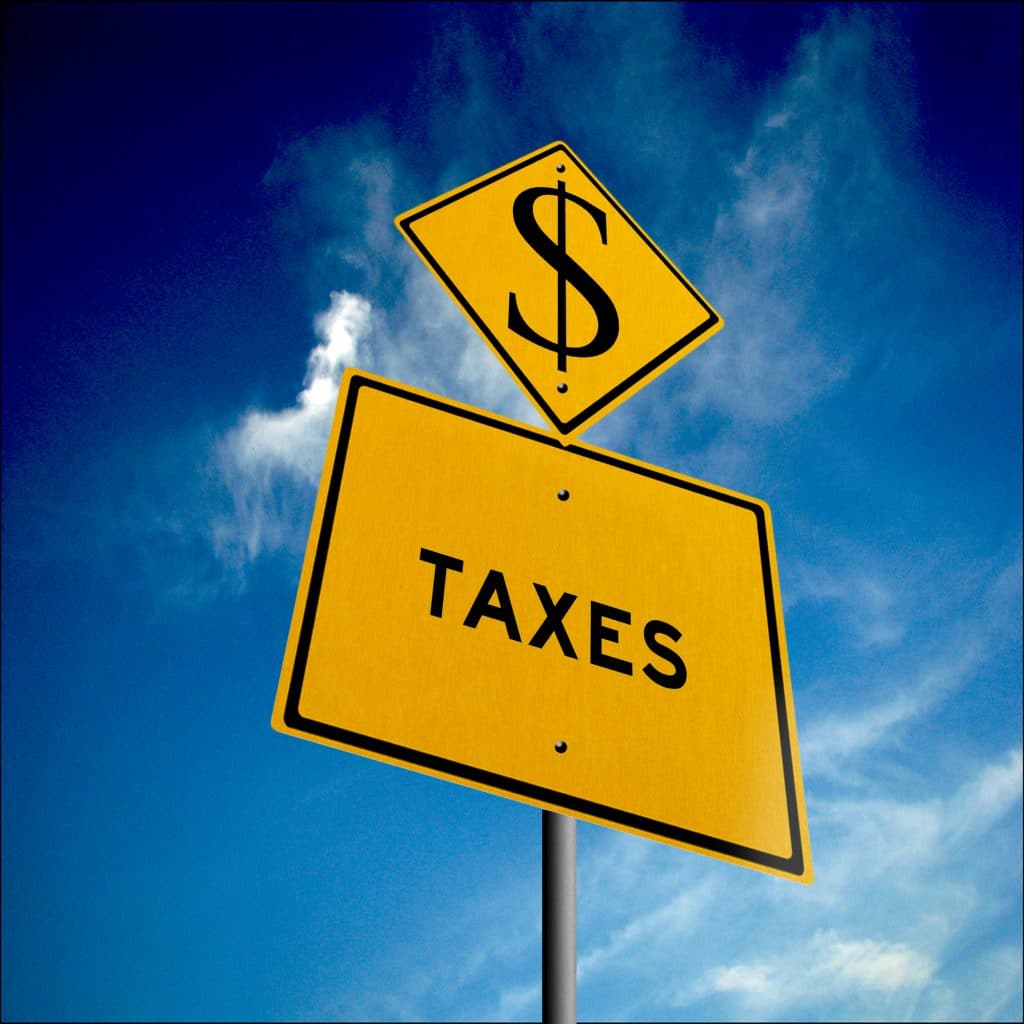Since the financial crisis, countries have been cooperating more and more effectively to combat tax evasion. Meanwhile, this cooperation between countries extends beyond the OECD countries. 130 countries are now working together, within the Inclusive framework, to combat tax avoidance. Recently (29 May 2020), State Secretary for Finance Vijlbrief sent the new Fiscal Treaty Policy Memorandum 2020 (NFV) to the House of Representatives. The NFV sets out the Dutch negotiating position in bilateral tax treaties. On the positive side, more attention is being paid to the position of developing countries in such treaties, but a critical eye is still required.
Memorandum Fiscal Treaty Policy? What is it?
The NFV provides a starting point for the government for future treaty negotiations, using the OECD model treaty as a basis. The NFV aims to conclude bilateral tax treaties and promote economic relations between countries by eliminating double taxation. In this way, tax avoidance and evasion can be prevented. In such a bilateral tax treaty, taxing rights are shared, thus eliminating the risk of double taxation.
Without a tax treaty, both countries can tax a company, resulting in the same activity being taxed twice. A tax treaty prevents this. Given the Netherlands has an open economy and relatively small home market, it benefits from an extensive bilateral treaty network. It benefits employment and strengthens the Netherlands' position in the international market. But, this large treaty network of the Netherlands also has risks. Multinationals in particular manage to use the system in such a way that they have to pay virtually no tax, anywhere.
How does the Fiscal Treaty Policy Memorandum differ from its predecessor?
NFV 2020 is the successor to the NFV from the year 2011. The notes differ in a number of areas. For instance, the NFV 2020 rightly pays more attention to tackling tax avoidance and to the special position of developing countries in the area of taxation. The economic relations between developed countries like the Netherlands and developing countries are almost never equal. It is mainly Dutch companies that operate and invest in developing countries. This is rarely the other way around.
It is very important for developing countries to be able to adequately tax these activities and investments that take place in their country by countries like the Netherlands. This is because they often have no other source of tax revenue. It is positive that the NFV 2020, compared to its predecessor, pays more attention to this. Accordingly, the new NFC includes an anti-abuse clause in tax treaties with developing countries. It also allows bilateral tax treaties with developing countries to adopt parts of the UN model treaty more quickly. This model treaty takes the interests of developing countries more strongly into account than the OECD model treaty, of which developing countries are therefore not members.
Fair tax policies matter to developing countries
The Netherlands is taking steps towards a fairer tax policy that pays attention to developing countries. In 2013, for instance, it announced the renegotiation of tax treaties with developing countries to add more anti-abuse measures. Still, bigger steps are needed.
Why is it so important that our tax policy pays great attention to developing countries? The Netherlands' tax policy is designed to allow multinationals to evade tax on a large scale. By using various complicated tax constructions, multinationals manage to pay significantly less, or even no, tax in countries where their production takes place. These lost tax revenues are often a multiple of what is received in development cooperation - a major policy incoherence. Instead, this money is badly needed for essentials, such as building a healthy public sector and a strong health system.
A miss in the NFV
Overall, we are making progress, but there really is room for improvement. More ambition could have been shown in terms of our policy towards developing countries. Last week, political parties in the House of Representatives, through a written consultation questions to the state secretary on this too. For example, withholding taxes for developing countries are easy to collect, but it is still unclear to what extent the government is willing to allow higher withholding taxes for developing countries.
It would also be nice if NFV 2020 were translated into English. Although the Netherlands is committed to capacity building in developing countries, knowledge on international taxation still varies widely between the Netherlands and developing countries. An English translation of the NFV could contribute to this. We look forward to the State Secretary's answers to the many questions submitted.
By: Anique Kanters
Photo: Flickr




